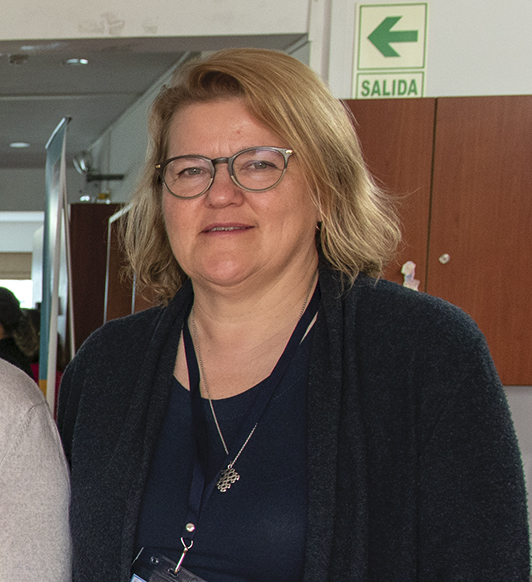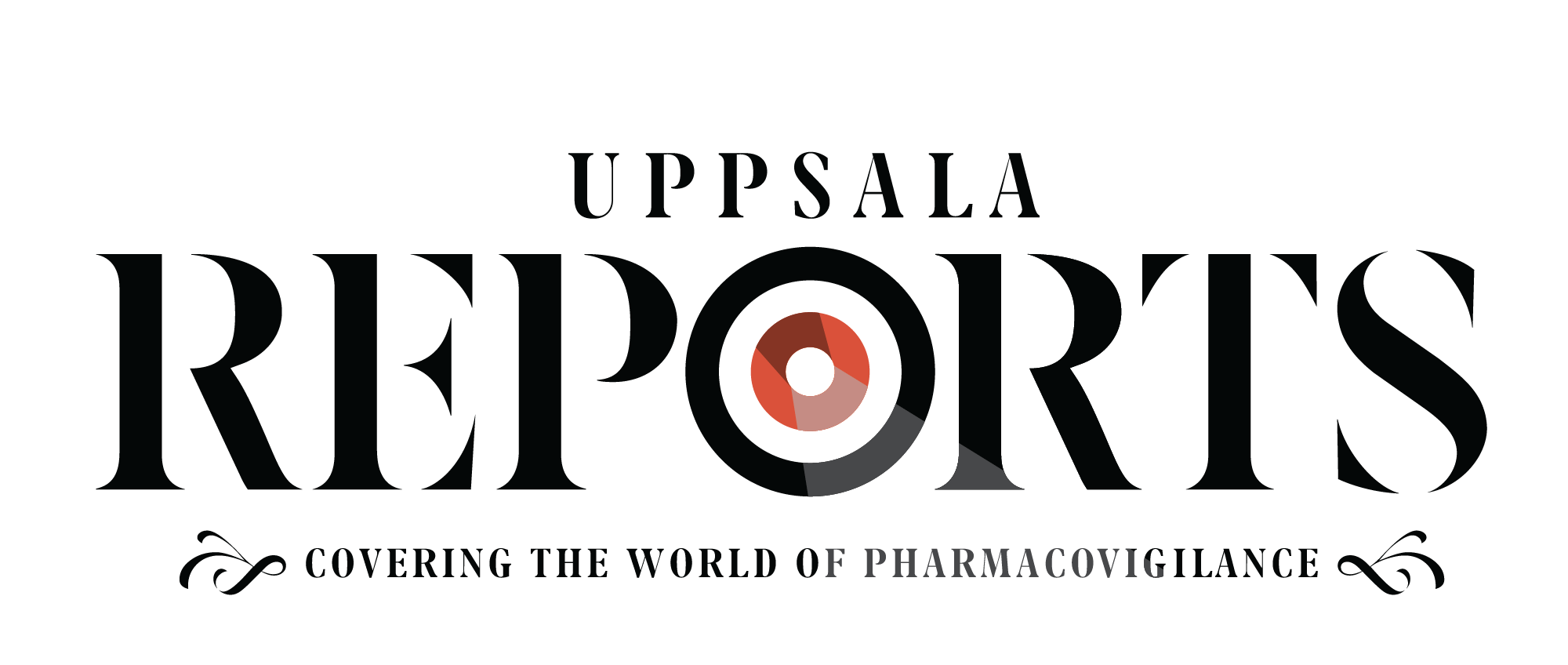
Medical science has been making amazing strides for many decades, and one of the factors enabling progress is the increasing amount of healthcare data being electronically managed. Nevertheless, there are still potential uses of real-world data that could be better exploited to research and improve healthcare systems, services and treatments, for the benefit of patients.
To address this, 22 partner organisations – from universities, patient associations, small businesses, and the pharmaceutical industry – have formed the European Health Data & Evidence Network (EHDEN), with funding from the European Commission’s Innovative Medicines Initiative. The goal of EHDEN is to make the large-scale analysis of health data in Europe a reality. This will be achieved by developing a federated network of data partners, using the Observational Medical Outcomes Partnership (OMOP) Common Data Model, allowing access to the anonymised data of 100 million citizens in Europe. The data will remain under complete control of the original data owner, thereby ensuring ethical and local data privacy rules are respected.
At the heart of the project will be a community of small- and medium-sized enterprises, trained and certified by EHDEN and responsible for harmonising the data owned by partners to the OMOP common data model. Via the federated network of harmonised data partners, researchers will be able to find out what kinds of data are available, and to run health service analyses on anonymised data from partners across Europe, without the data leaving the institution where it belongs. EHDEN will also develop new methodologies and, via the EHDEN Academy, provide free access to education for anyone who wishes to use them in the network.
Niklas Norén, UMC’s chief science officer and head of research, explained that, as a partner in the EHDEN consortium, UMC brings to the table its long-standing experience and expertise in research and methods development using large-scale observational health data for pharmacovigilance.
“UMC will contribute in EHDEN with evaluations and proposed improvements to the network for pharmacovigilance signal management,” Norén said.
EHDEN’s quest is to establish 21st-century tools for 21st-century research. Patients, clinicians, governments, pricing and regulatory authorities, and others interested in better healthcare all have a role to play in shaping the network.
Read more





